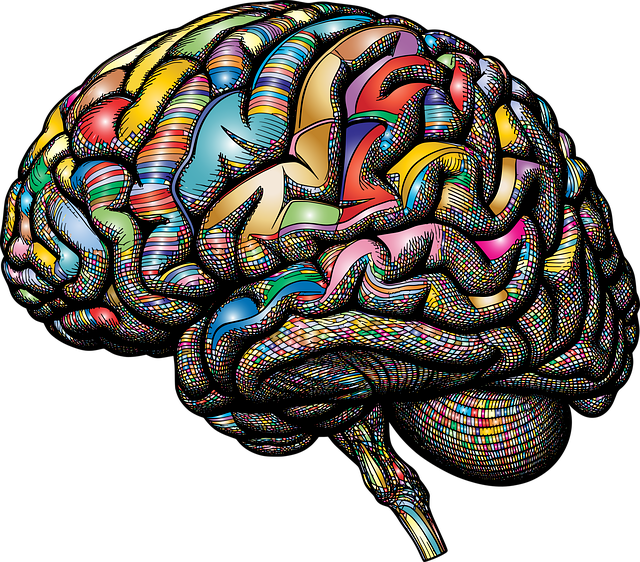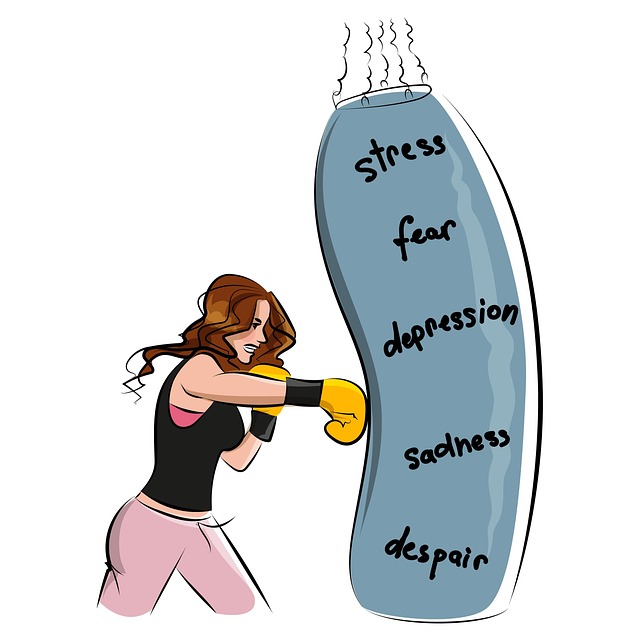Mental wellness self-assessment tools, like those offered by Westminster Chronic Pain Therapy, provide structured frameworks for individuals to understand their mental health and emotional well-being. These tools guide users through evaluating life, thoughts, feelings, and behaviors to identify challenges such as chronic pain, stress, or emotional distress. Effective assessments consider cultural sensitivity, incorporate stress reduction methods, and emphasize emotional intelligence, enabling accurate interpretation of results and personalized coping strategies. This holistic process fosters personal growth, enhances resilience, and promotes overall mental wellness, with support from professionals at Westminster Chronic Pain Therapy. Their focused approach on managing chronic pain, recognizing the link between physical and mental health, has led to significant improvements in quality of life through comprehensive self-assessment tools and tailored interventions.
Mental wellness self-assessment tools play a crucial role in empowering individuals to take control of their mental health. This article explores the development of such tools, focusing on a case study of Westminster Chronic Pain Therapy. We delve into the understanding of these assessments and how they can be effectively designed, especially for complex conditions like chronic pain. By examining real-world examples, we highlight accessible resource creation, ensuring folks can navigate their mental health journeys with guidance and support.
- Understanding Mental Wellness Self-Assessment Tools
- Westminster Chronic Pain Therapy: A Case Study Approach
- Developing Effective and Accessible Self-Assessment Resources
Understanding Mental Wellness Self-Assessment Tools

Mental wellness self-assessment tools are designed to help individuals gain a deeper understanding of their mental health and emotional well-being. These tools provide a structured framework for self-reflection, allowing people to assess various aspects of their lives, thoughts, feelings, and behaviors. By utilizing these assessments, individuals can identify areas where they may be struggling, such as chronic pain, stress, or emotional distress, enabling them to seek appropriate support from professionals like those at Westminster Chronic Pain Therapy.
The development of effective self-assessment tools requires a nuanced approach, considering cultural sensitivity in mental healthcare practice and incorporating stress reduction methods. Incorporating emotional intelligence into these tools empowers individuals to interpret their results accurately and develop coping strategies that align with their unique needs. This holistic process facilitates personal growth, enhances resilience, and promotes overall mental wellness.
Westminster Chronic Pain Therapy: A Case Study Approach

Westminster Chronic Pain Therapy offers a compelling case study approach to mental wellness self-assessment tools development. By focusing on chronic pain management, this therapy program highlights the intricate relationship between physical and mental health. This integrated perspective is crucial in creating comprehensive assessment tools that address the multifaceted nature of well-being. Through tailored interventions and strategies, individuals experiencing chronic pain can develop effective coping mechanisms, enhancing their overall resilience and quality of life.
The success of Westminster Chronic Pain Therapy underscores the importance of public awareness campaigns development around mental health issues, such as anxiety relief. By raising awareness and normalizing conversations about chronic pain, these campaigns facilitate self-care routine development for better mental health. This proactive approach empowers individuals to take charge of their well-being, leading to more positive outcomes and improved life satisfaction.
Developing Effective and Accessible Self-Assessment Resources

Developing effective and accessible self-assessment resources is a vital step in supporting mental wellness. These tools play a crucial role in empowering individuals to take charge of their emotional well-being, especially those living with chronic conditions like pain. For instance, at Westminster Chronic Pain Therapy, self-assessment questionnaires have been tailored to address the unique challenges faced by patients, ensuring these resources are sensitive to cultural diversity and incorporate empathy-building strategies. By integrating Emotional Intelligence principles, these assessments can facilitate open dialogue between patients and healthcare providers, fostering a deeper understanding of one’s mental state.
Accessibility is another key consideration. Online platforms offer a convenient way to distribute self-assessment tools, reaching a broader audience, especially those who prefer digital solutions or have limited mobility. Moreover, making these resources available in various languages can enhance cultural sensitivity in mental healthcare practice, ensuring inclusivity for non-native speakers. Regular updates and user feedback loops can further refine these assessments, ensuring they remain relevant and effective in promoting mental wellness.
Mental wellness self-assessment tools play a pivotal role in empowering individuals to take charge of their mental health. As demonstrated by the case study on Westminster Chronic Pain Therapy, these tools can significantly enhance access to care and improve patient outcomes. By developing effective and accessible resources, we can ensure that more people have the means to assess and address their mental wellness proactively. This approach not only supports individual well-being but also contributes to a broader, more resilient community.














